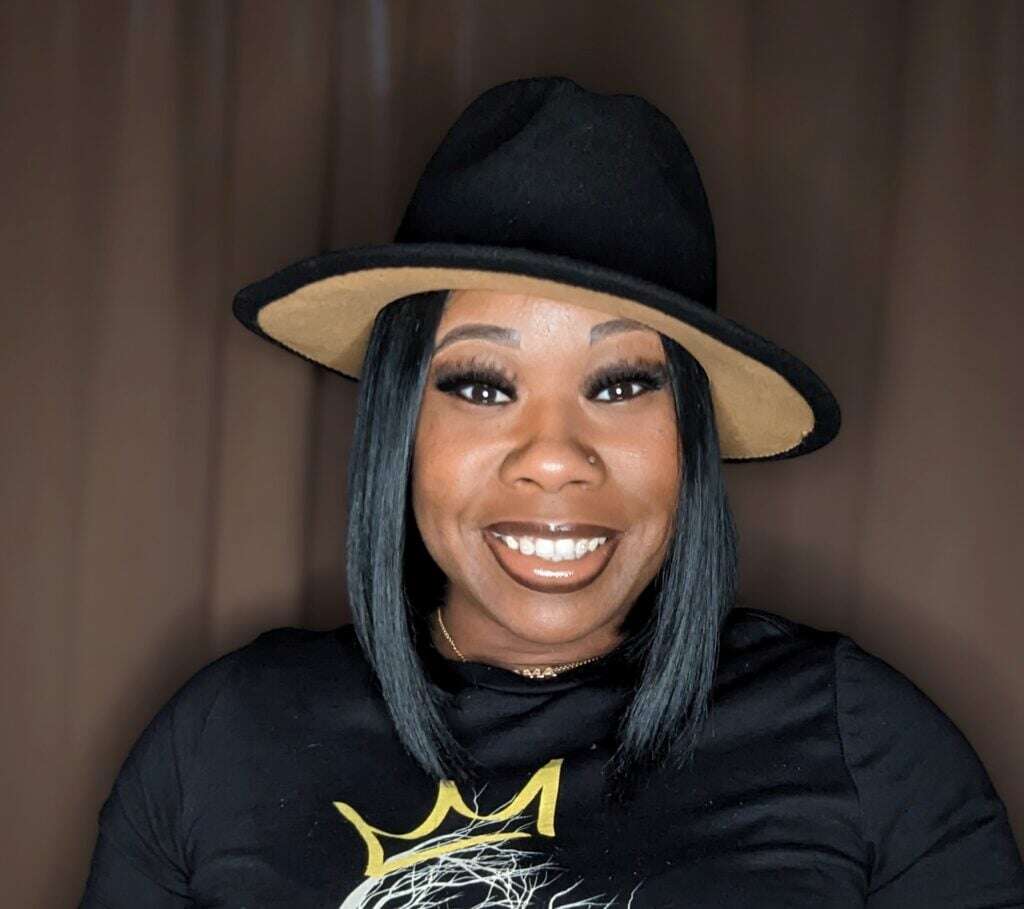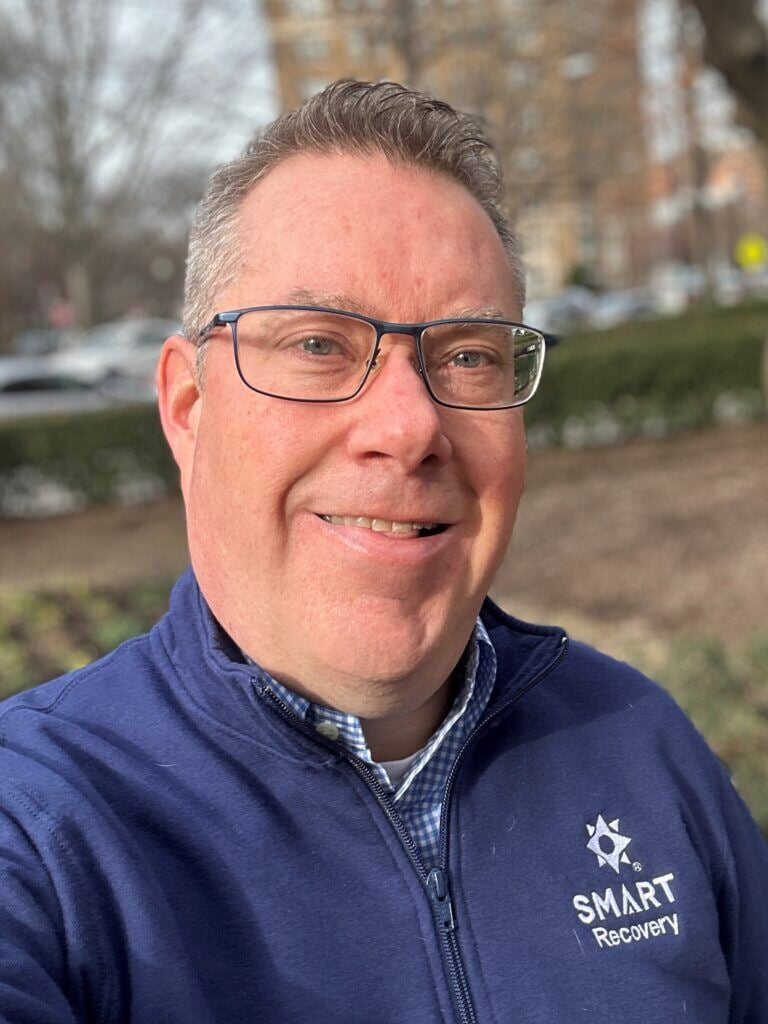Reflections of a Relapser, Now Two Years Sober (Again)
~Sara Suman, LMSW, SMART Recovery Volunteer

My second two year anniversary (I do like to passively count sober time) came and went last week. This isn’t my first rodeo either. This is my second time achieving two years sober, and my third time achieving one year+. My first few (real) attempts were in the rooms of 12-step programs. This time it was me — with the support of SMART Recovery Online.
My first set of two years and the second set were separated by three or four lapses. My frustration with those lapses led me to google “non-12-step based recovery,” which is how I found SMART. Did SMART get me sober? No. I got myself sober. SMART helped me identify my SELF as the key to sustained sobriety. I remember the first time I went to one of JVB’s meetings and I said something along the lines of, “why can’t I just stop?” And he said something along the lines of, “well, you can.” It was one of those life clarifying moments. I was on my own with this. SMART was here to support me, but getting clean and sober was on me. There’s no Mommy and Daddy here. I realized that if I really wanted to stop for good — then I could, but JVB wasn’t going to do it for me, nor was anyone else.
My thinking about drinking
What SMART helped me understand, through the CBA* and the ABCs* and USA*, is that my lapses over the past five years had more to do with the parts of me that still really wanted to drink. My lapses were not a reflection of incapability or inability to stop. It wasn’t that I couldn’t stop, it was that I hadn’t fully addressed the parts of my thinking that still wanted to drink. At that time I still had free floating thoughts like:
-
-
“ah, just one won’t kill me”
-
-
“I was never
that
-
-
bad, I don’t do cocaine or crystal meth anymore”
-
-
“I can control it — just like my other family members”
-
-
“I’ll just have one”
-
-
“I’ll just have….two”
-
-
“Ok, I’ll just have…three — and
then
-
I’ll stop”
Instead of actively challenging these use-promoting thoughts, I tried to ignore them the way that I still try to ignore the cats’ litter box. Eventually, I had to clean those turds out. (And using lavender infused kitty litter only masks the problem.)
What I needed was a strong, solid, internal drive to get sober
And now here I am in my third SOLID attempt at life-long recovery as an adult woman. (I’m not counting all the 30, 60, and 90 days I got as a teenager — I have enough colorful key chains and coins to start a small museum of 12-step recovery accessories). The past two years is no comparison to my past attempts. SMART Recovery helped me develop a strong, solid internal drive to get sober. So while I credit myself with getting sober, I credit SMART with helping me locate and strengthen the only person that could get me to stop drinking, and to stop drinking for good.
*SMART tools such as the CBA (Cost Benefit Analysis), ABC (an exercise that helps us to stop sabotaging ourselves with our own thinking, and change that thinking with a goal of creating healthier responses and behaviors) and USA (Unconditional Self Acceptance) can be found in the SMART Handbook and online at SMART Recovery.
About the author: Sara works at an outpatient substance abuse treatment center for dually diagnosed, mostly mandated clients. She is a SMART Recovery online member and a former online meeting facilitator. Currently, she continues her volunteer support for SMART in the 3D world by speaking in support of SMART in the NYC area and arranging SMART presentations in different settings.




